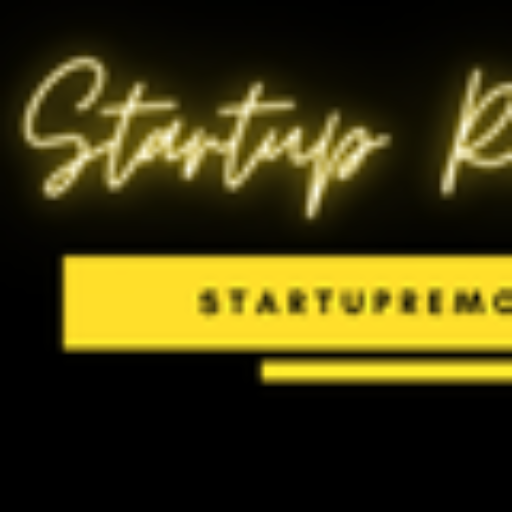Looking for a frontend developer remote job in the USA? Discover proven strategies, in-demand skills, and expert tips to stand out and secure remote roles fast. frontend developer remote job.

Contents
How to Land a Top‑Paying Frontend Developer Remote Job in the USA 🇺🇸
Are you aiming for a frontend developer remote job within the U.S.? If so, you’re in the right place! Remote front-end roles are in high demand, offering flexibility, solid pay, and access to leading tech firms—no matter where you live.
Here’s a polished, plagiarism-free rewrite of your sample content, repurposed as a job ad and tailored to appeal to experienced blockchain/Web3 frontend security devs.
About Vac
Vac is on a mission to build public‑good protocols for the decentralized web. With strong roots in research, our team creates foundational protocols, libraries, and publications that power real-world Web3 applications.
Our Research & Development Services work alongside The Institute of Free Technology (IFT), providing essential components and unbiased, secure infrastructure.
The Vac Security Service Unit plays a critical role in this work. They perform thorough security audits, craft comprehensive security strategies, and advise on risk management. Their work ensures every IFT initiative benefits from rigorous protection—from identifying vulnerabilities to building bulletproof defenses.
The Role: Application Security Engineer
We’re hiring an Application Security Engineer to join our elite security team. You’ll dive into critical code—especially low-level languages like Rust, Nim, and C++—spot vulnerabilities in both code and protocols, and help drive incident response efforts.
Here’s what success looks like in the role:
-
Lead code reviews (manual & automated) in low‑level languages to find bugs, buffer overflows, injection points, and authentication flaws.
-
Analyze software architecture and protocols to uncover issues in cryptographic logic, handshake flows, and communication safeguards.
-
Participate in incident response, helping detect, contain, and learn from security events.
-
Collaborate with dev teams to fix vulnerabilities, improve secure coding practices, and strengthen the software supply chain.
-
Prepare for external audits—defining scope, packaging documentation (architecture diagrams, threat models), and working directly with auditors.
-
Follow up on audit feedback, ensuring improvements are implemented and security posture matures over time.
What You Bring: The Ideal Candidate
To excel in this role, you should have:
-
5+ years in Web3 security engineering, including auditing blockchain protocols, smart contracts, or crypto systems.
-
Expertise in Rust, Nim, and C++, with applied experience in secure software design.
-
Strong knowledge of vulnerabilities such as buffer overflows, injection flaws, and unsafe crypto patterns.
-
Hands-on experience in code audits, penetration tests, and OWASP-style vulnerability assessments.
-
Solid grasp of cryptographic protocols, blockchain security, and distributed systems architecture.
-
Incident response familiarity, from detection to recovery and documentation.
-
Software security lifecycle skills, integrating security requirements, code reviews, and audits into development workflows.
-
Strong communication and documentation, able to explain complex risks to engineers and auditors.
-
Passion for decentralization and a vision for the future of open infrastructure.
Nice-to-haves:
-
Proficiency in static/dynamic analysis tools (CodeQL, Valgrind).
-
Experience with formal verification or red-teaming.
-
Open-source contributions or published security research.
-
Teaching or mentoring others in security best practices.
How We Hire: Our Process
-
Intro chat with our People Ops team
-
Technical interview with Vac Security lead
-
Take-home assignment, then review it with a security engineer
-
Final interview with a senior engineer or team lead
What We Offer
-
Remote-first work—for U.S.-based and international team members
-
Competitive pay (mix of fiat or crypto)
-
A chance to shape the future of secure Web3 infrastructure
FAQs About Frontend Developer Remote Jobs
Q1: What skills are essential for a frontend developer remote job?
A1: Mastery of HTML, CSS, JavaScript frameworks (React, Vue), plus strong debugging and testing skills are vital. If you’re in Web3, knowledge of smart contract interaction and blockchain APIs adds value.
Q2: Can I work remotely for U.S. companies from abroad?
A2: Many U.S. startups and open-source projects hire globally. Be mindful of tax, banking, or contractor status requirements.
Q3: How can I prepare for remote interviews?
A3: Build a strong portfolio (with GitHub, live apps), rehearse system design and security questions, and test your remote setup ahead of time.
Q4: Should I include crypto pay in my salary expectations?
A4: If you’re comfortable receiving crypto, adding it can be a negotiation advantage—just clarify terms around volatility and payment schedule.
Q5: What distinguishes strong candidates for these roles?
A5: Candidates who show real-world Web3 contributions, API security experience, and knowledge of decentralized architecture stand out.
Q6: How do I stay visible in the remote frontend job market?
A6: Engage in communities (e.g. Discord, Twitter, GitHub), publish security write-ups, and contribute to open-source Web3 or blockchain projects.
